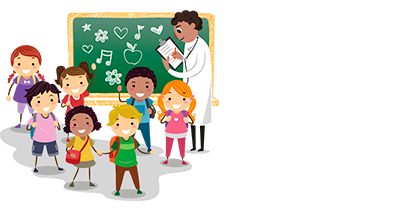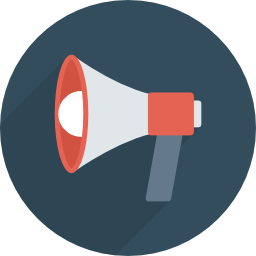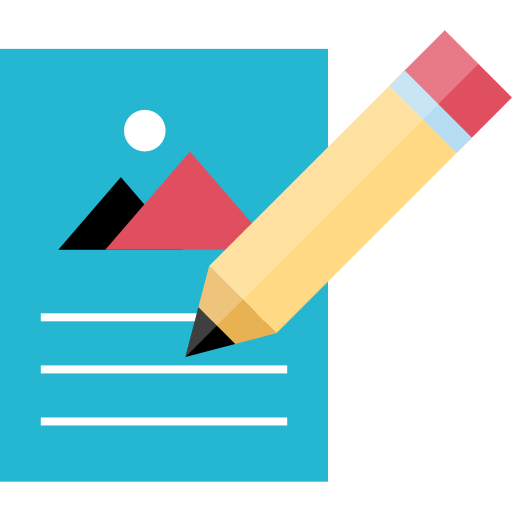


WRITING TIPS
Welcome to the writing tips session!
Remember to read the task in your activity book carefully and make sure you answer the questions proposed and cover the topics asked.
Below you will find some useful information that will help you write a report.
Report

What is the objective of a report?
You write this text to a superior such as a teacher or a supervisor or to someone in charge. You are expected to highlight the main facts related to an issue and offer suggestions and recommendations along with your personal evaluation.

What language should you use?
Reports are formal in language, but also have to be concise and straight to the point. Objectivity is preferable to very long, embellishing statements.
A successful report should…
- start by stating its purpose;
- discuss the main aspects of the issue;
- contain a detailed record of your observations;
- include your personal view and recommendations.

ORGANIZE YOUR TEXT!
A well-organized text is much more pleasing to read and easy to understand.

Title

First paragraph → State the purpose of the report.

Body → Use a heading for each paragraph.

Last paragraph → Conclusion and recommendation.

LEARN THE RIGHT LANGUAGE

STATE YOUR PURPOSE
Start by saying why you are writing this report. Here is how you can do this:
The main objective/purpose of this report is to ...
The purpose of this report is to…
This report aims at…
USE HEADINGS
Reports may look very similar to articles or even essays. One good way to distinguish them is to use different headings for each paragraph. They help move the text along and give the reader a very good idea of your text before they actually start reading.
GIVE YOUR OPINIONS
Reports require you to take a stand, so you need to have a nice repertoire of expressions to do this, or else your text will seem poor and repetitive. Here are some options:
It seems to me that…
In my view, …
The way I see it, …
It is my opinion that…
USE CONNECTORS
Connectors help organize your ideas and make them clear. They also make it easier for the readers to follow when used correctly. Just be careful to use them in the right place.
To contrast ideas (these are all similar to but)
although, whereas, however, on the other hand, in spite of, despite
To add information (these are all similar to and)
furthermore, in addition, moreover, besides, also
To talk about the cause of something (these are similar to because)
as, due to , since, because of
To draw conclusions (these are all similar to so)
as a result, therefore, thus, that is (the reason) why, consequently
To conclude
to sum up, in short, all in all